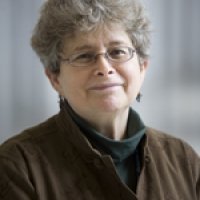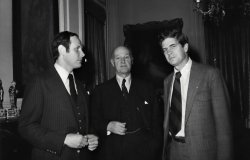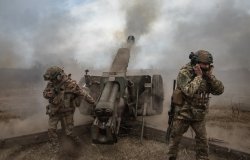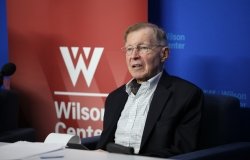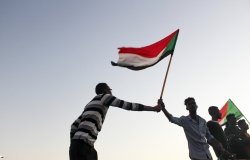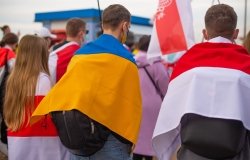Oxford University Press
Making the Woman Worker: Precarious Labor and the Fight for Global Standards, 1919-2019
Amid the unraveling of standard employment at century’s end, previously excluded home-based and domestic workers have pressed the International Labour Organization (ILO) for rights and recognition. By tracing the construction of the woman worker through ILO labor standards, leading feminist historian Eileen Boris probes paths to equality between those classified as men or women and between women globally, complicating the debate over protective labor legislation and questioning whether the new carework economy is just another name for the old dichotomy between “working women” and “mothers in the home.”
Overview
Amid the unraveling of standard employment at century’s end, previously excluded home-based and domestic workers have pressed the International Labour Organization (ILO) for rights and recognition. By tracing the construction of the woman worker through ILO labor standards, leading feminist historian Eileen Boris probes paths to equality between those classified as men or women and between women globally, complicating the debate over protective labor legislation and questioning whether the new carework economy is just another name for the old dichotomy between “working women” and “mothers in the home.”
Eileen Boris is the Hull Chair and Distinguished Professor of Feminist Studies and History, the University of California, Santa Barbara. Her books include Home to Work: Motherhood and the Politics of Industrial Homework in the United States, winner of the Philip Taft Prize in Labor History; Caring for America: Home Health Workers in the Shadow of the Welfare State, co-authored with Jennifer Klein, winner of the Sara A. Whaley Prize on Women and Work; and, most recently, Making the Woman Worker: Precarious Labor and the Fight for Global Standards, 1919-2019. Boris is President of the International Federation for Research in Women’s History.
The Washington History Seminar is co-chaired by Eric Arnesen (George Washington University and the National History Center) and Christian Ostermann (Woodrow Wilson Center) and is organized jointly by the National History Center of the American Historical Association and the Woodrow Wilson Center's History and Public Policy Program. It meets weekly during the academic year. The seminar thanks its anonymous individual donors and institutional partners (the George Washington University History Department and the Lepage Center for History in the Public Interest) for their continued support.
Moderators

Christian F. Ostermann
Woodrow Wilson Center
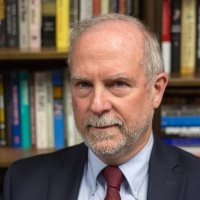
Eric Arnesen
Professor of History, The George Washington University. Director, National History Center of the American Historical Association.
Hosted By

History and Public Policy Program
The History and Public Policy Program makes public the primary source record of 20th and 21st century international history from repositories around the world, facilitates scholarship based on those records, and uses these materials to provide context for classroom, public, and policy debates on global affairs. Read more
Thank you for your interest in this event. Please send any feedback or questions to our Events staff.

